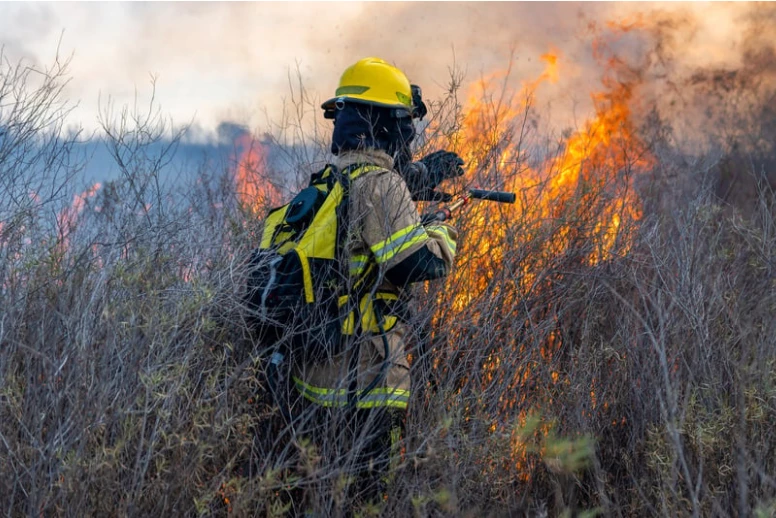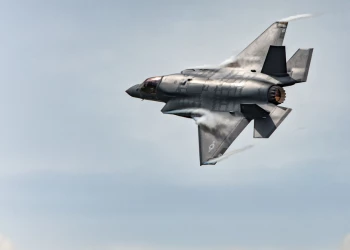U.S. Military Scraps $7 Billion Worth of Equipment in Afghanistan
Add bookmarkU.S. forces in Afghanistan are abandoning tons of equipment estimated to be worth $7 billion because of the huge cost of shipping it home.
The military has already destroyed more than 170 million pounds worth of vehicles and other equipment as it winds down its role in Afghanistan by the end of 2014.
Officials, who described the massive disposal effort as unprecedented, have decided they will not bring back about 20 percent of what the U.S. military has in Afghanistan.
Among the items being scrapped are 2,000 of the Pentagon's 11,000 million-dollar Mine-Resistant Ambush Protected personnel carriers (MRAPs), which were rushed into service in 2007 to protect troops from roadside bombs.
Handing over a large share to the Afghan government is not an option because of complicated rules governing equipment donations to other countries.
Much of the equipment will continue to be shredded and crushed to be sold on the Afghan scrap market.
Maj. Gen. Kurt J. Stein, head of the 1st Sustainment Command, told the Washington Post: "We’re making history doing what we’re doing here. This is the largest retrograde mission in history."
Alan Estevez, the assistant secretary of defense for logistics and materiel readiness, said in a statement: "MRAPs have served us well in the current war, but we will not need all that we bought for Iraq and Afghanistan in the future. It is cost prohibitive to retrograde and reset MRAPs that we do not need for the future."
Aware that the scrapping of equipment might appear wasteful at a time of huge budget cuts, military officials have drawn little attention to the operations.
But they defend it by saying the drawdown is being carried out in a fiscally responsible, carefully planned manner.
Maj. Gen. Stein said: "One might ask: Why not give it to the Afghans? It’s such a fast-paced operation, and most of it is trash. We don’t want to leave this in the battlefield."









